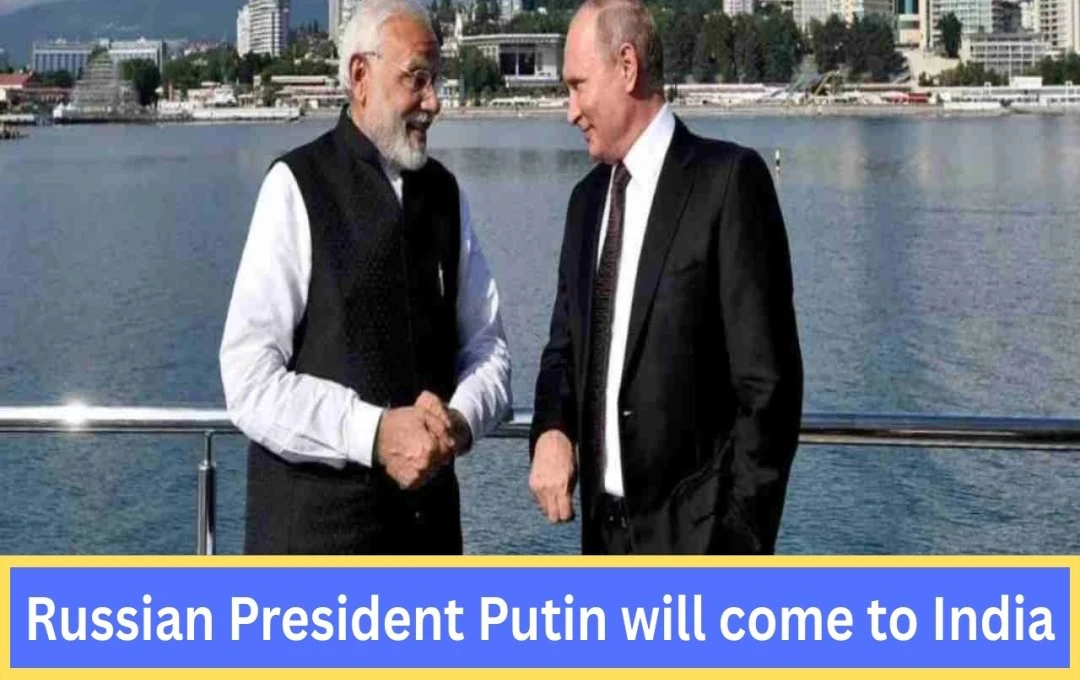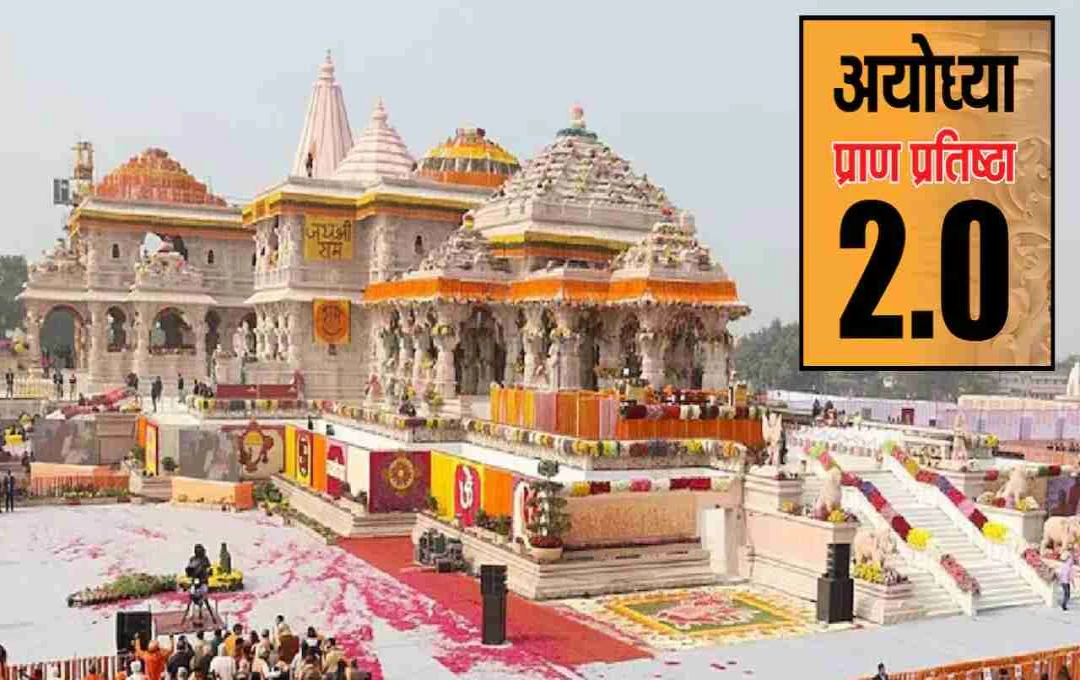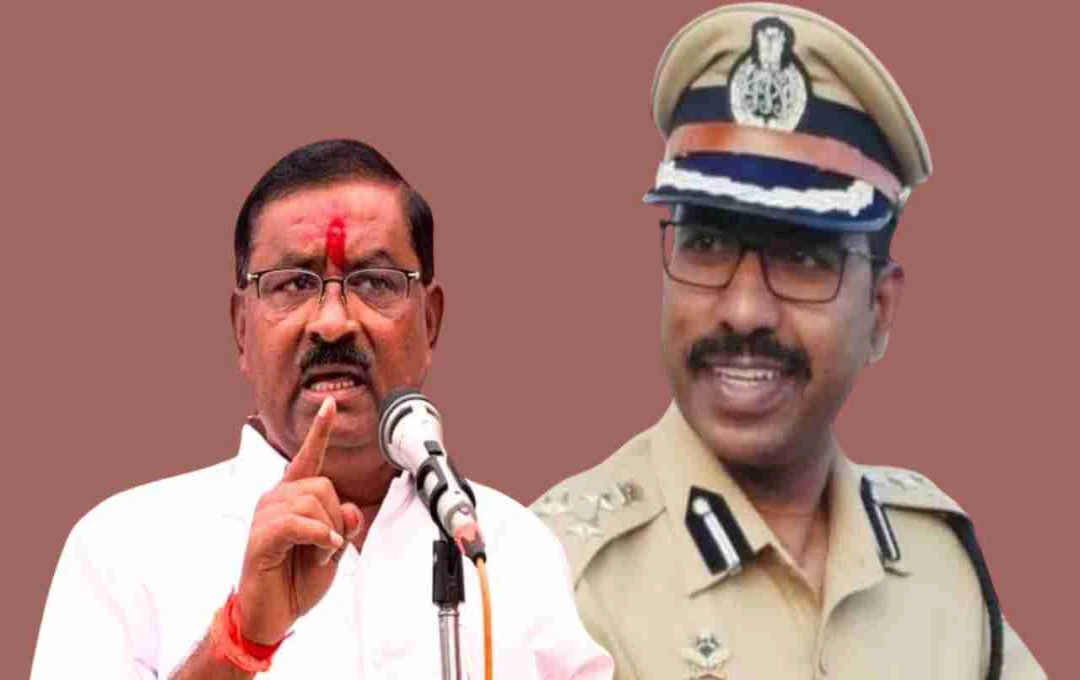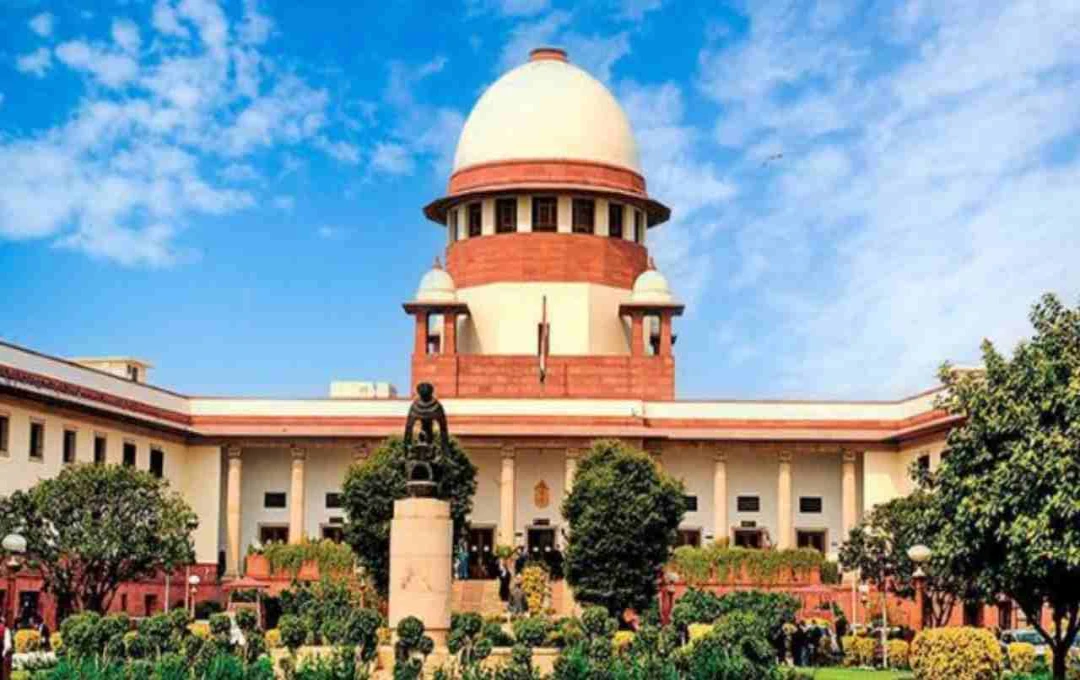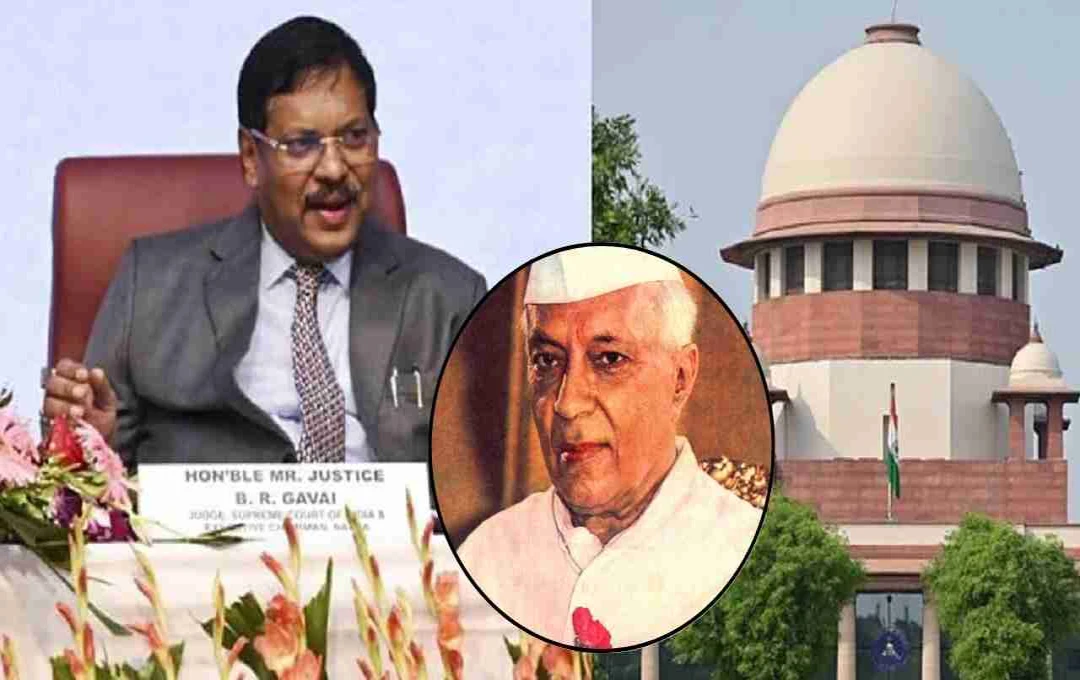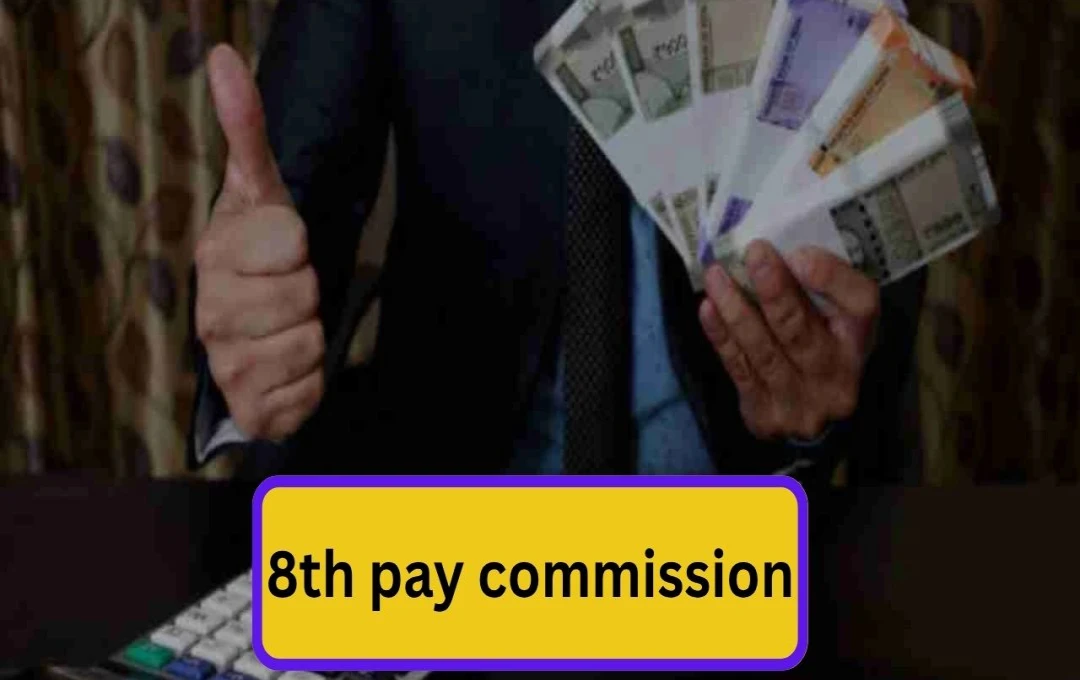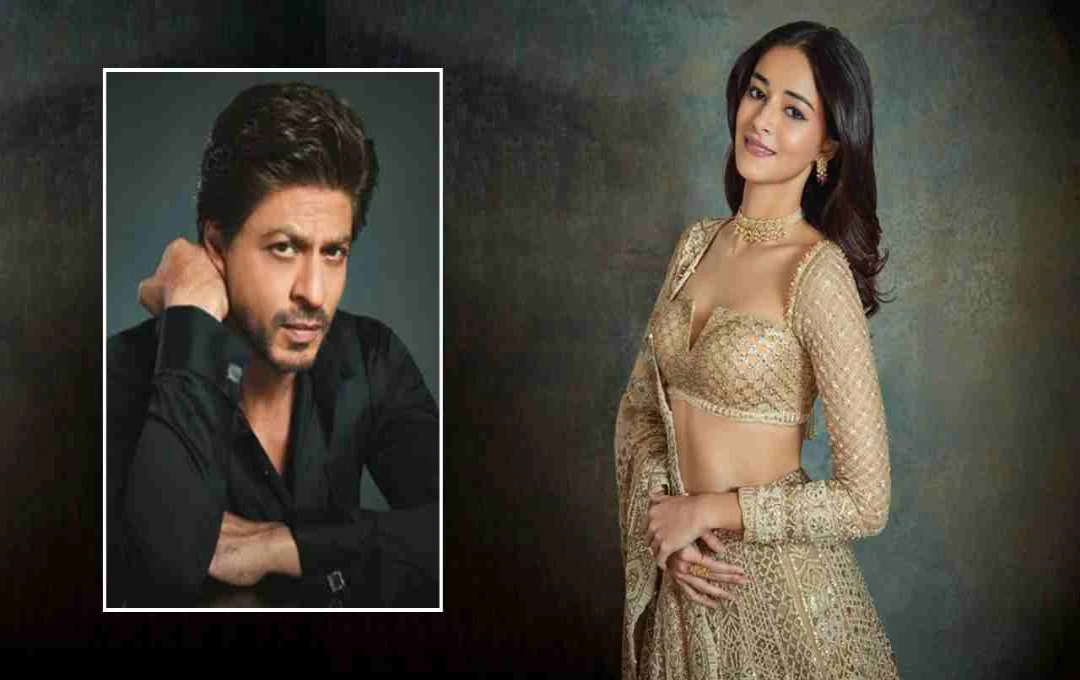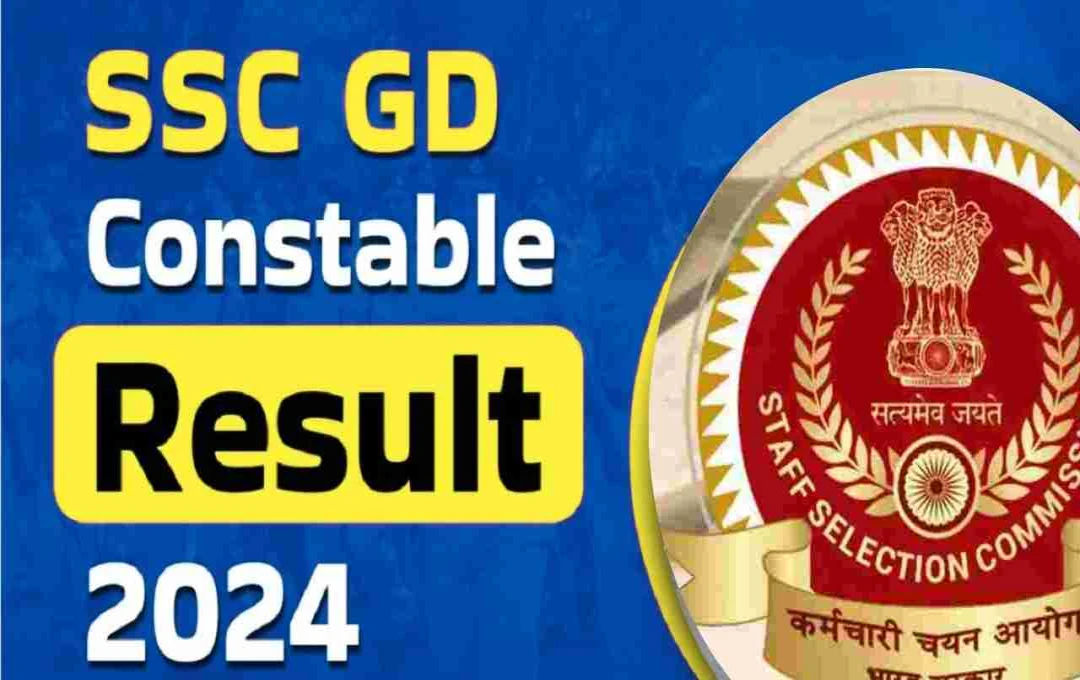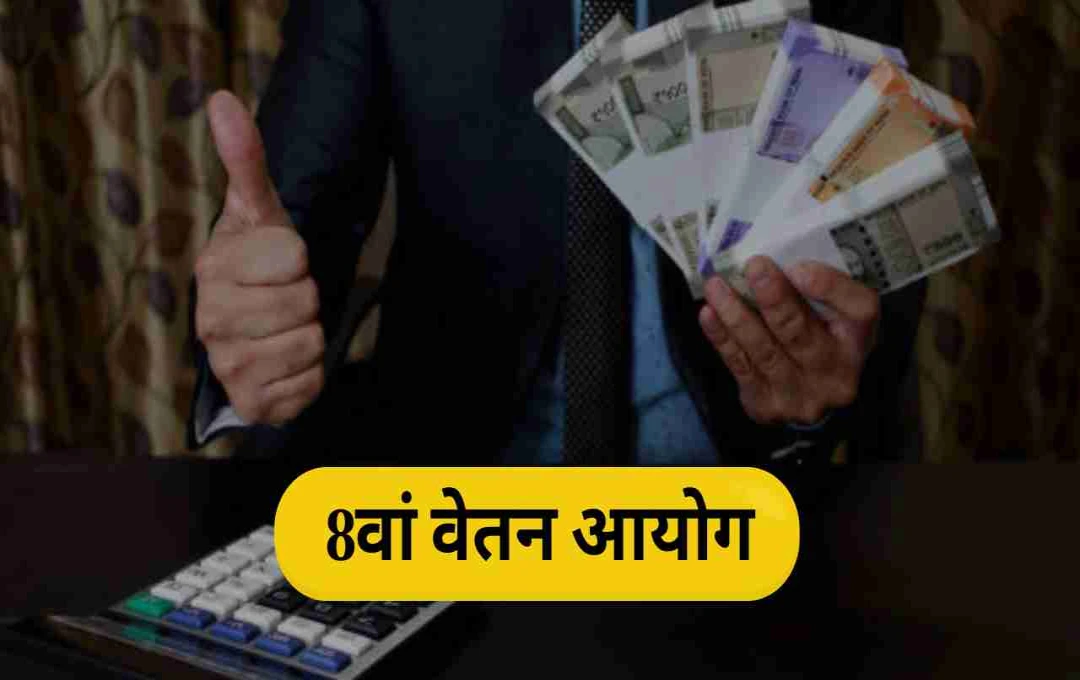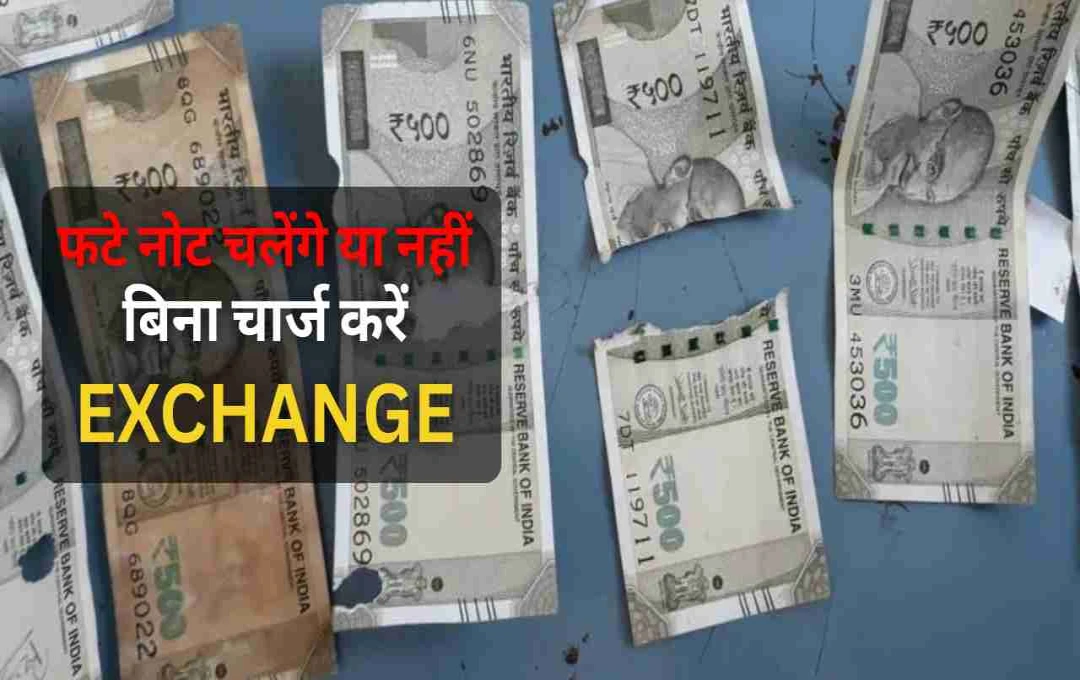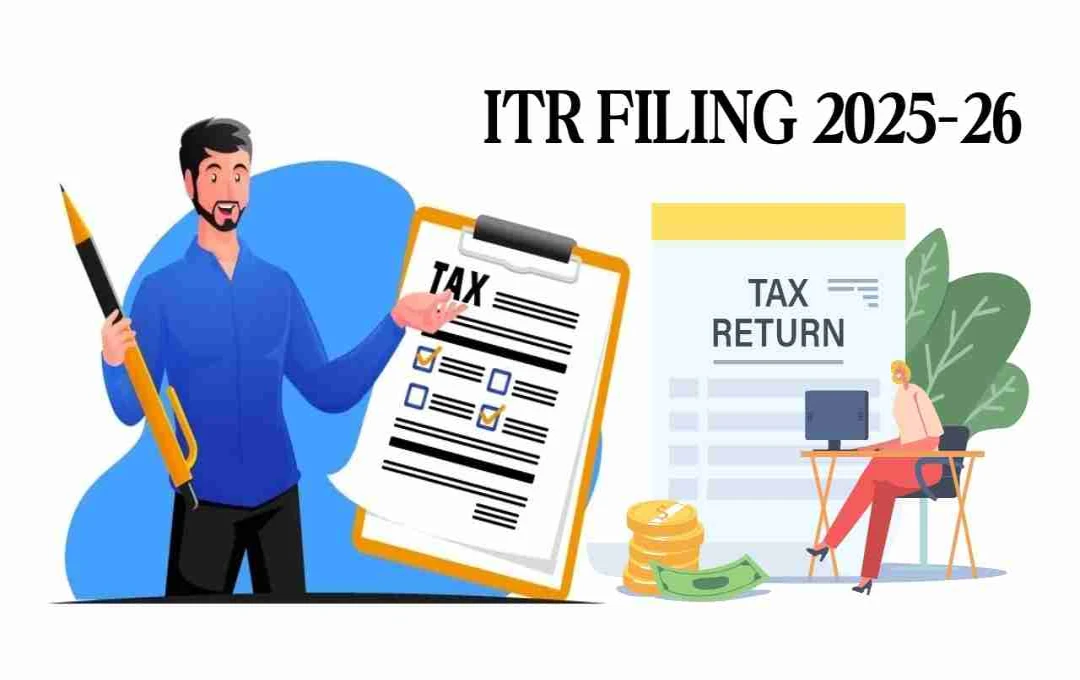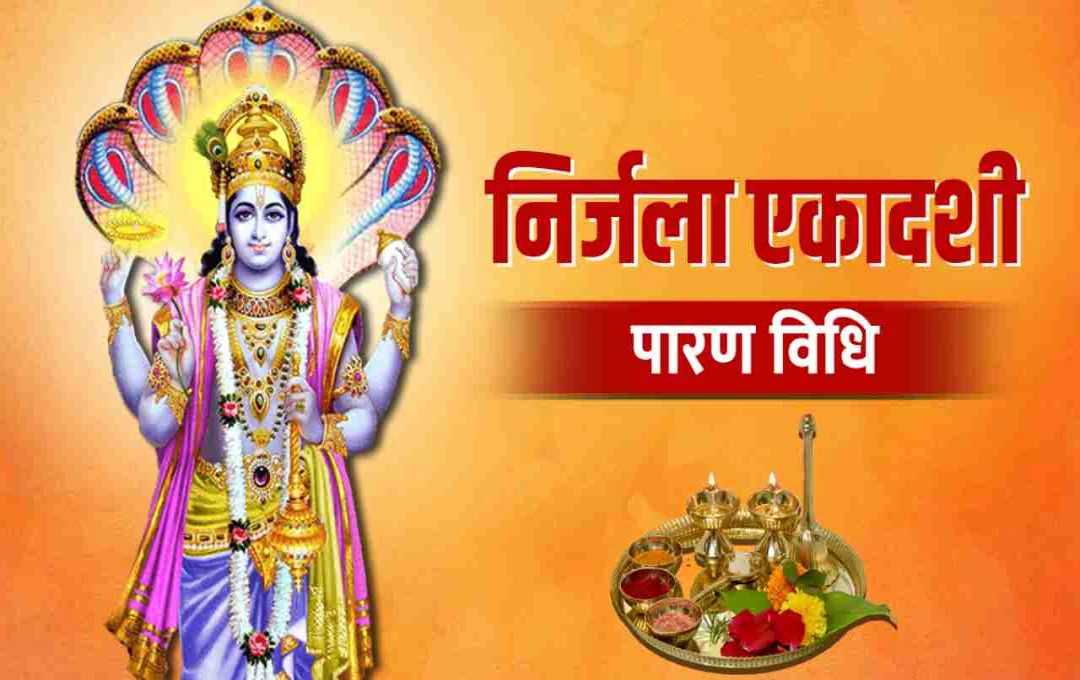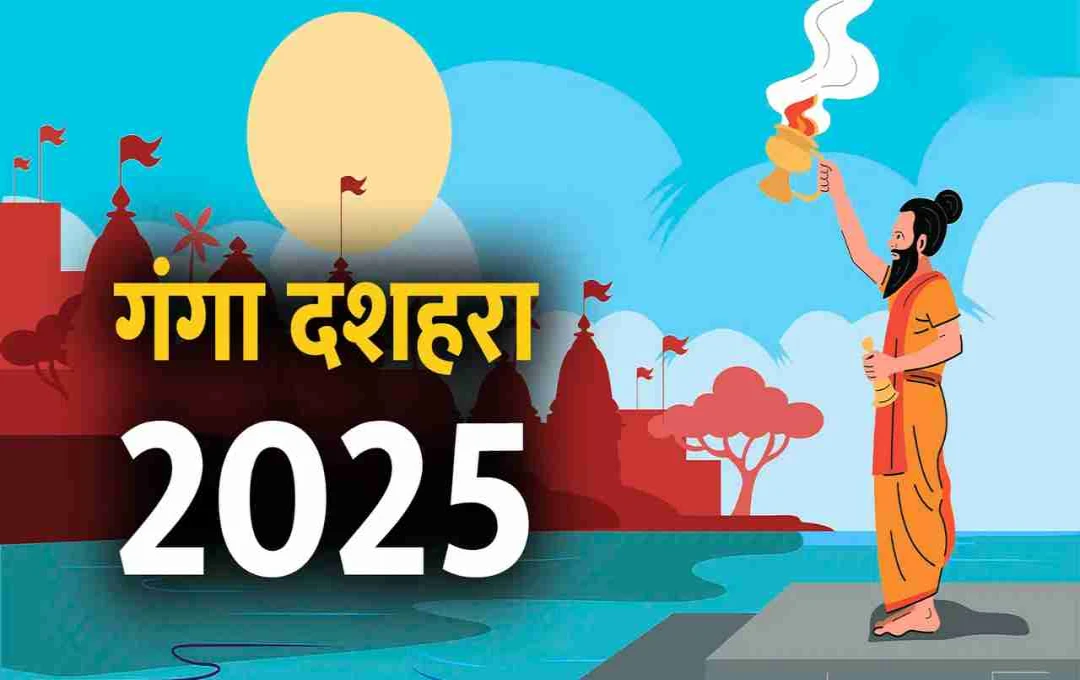Russian President Vladimir Putin spoke with Prime Minister Narendra Modi over the phone on Monday. He bly condemned the recent terrorist attack in Pulwama, Jammu and Kashmir. Putin also accepted an invitation to participate in the upcoming annual high-level meeting in India.
India-Russia: The strengthening strategic relationship between India and Russia appears to be entering a new phase. Russian President Vladimir Putin has accepted an invitation from Indian Prime Minister Narendra Modi and agreed to visit India to participate in the upcoming annual high-level summit. This diplomatic development is being viewed globally as a sign of the stability and maturity of India-Russia relations.
The two leaders spoke by phone on Monday, discussing several important issues. A particular focus of the conversation was the recent terrorist attack in Pulwama, Kashmir, which Russia bly condemned. Putin called the attack heinous and pledged full support for India's efforts against terrorism.
Putin's Clear Message on Terrorism
During the conversation, President Putin told Prime Minister Modi that terrorism is unacceptable in any form and that concerted global action is needed against it. He emphasized that terrorists and their supporters must be brought to justice. This statement is considered significant diplomatic support for India, especially as India has long raised the issue of cross-border terrorism on international forums.
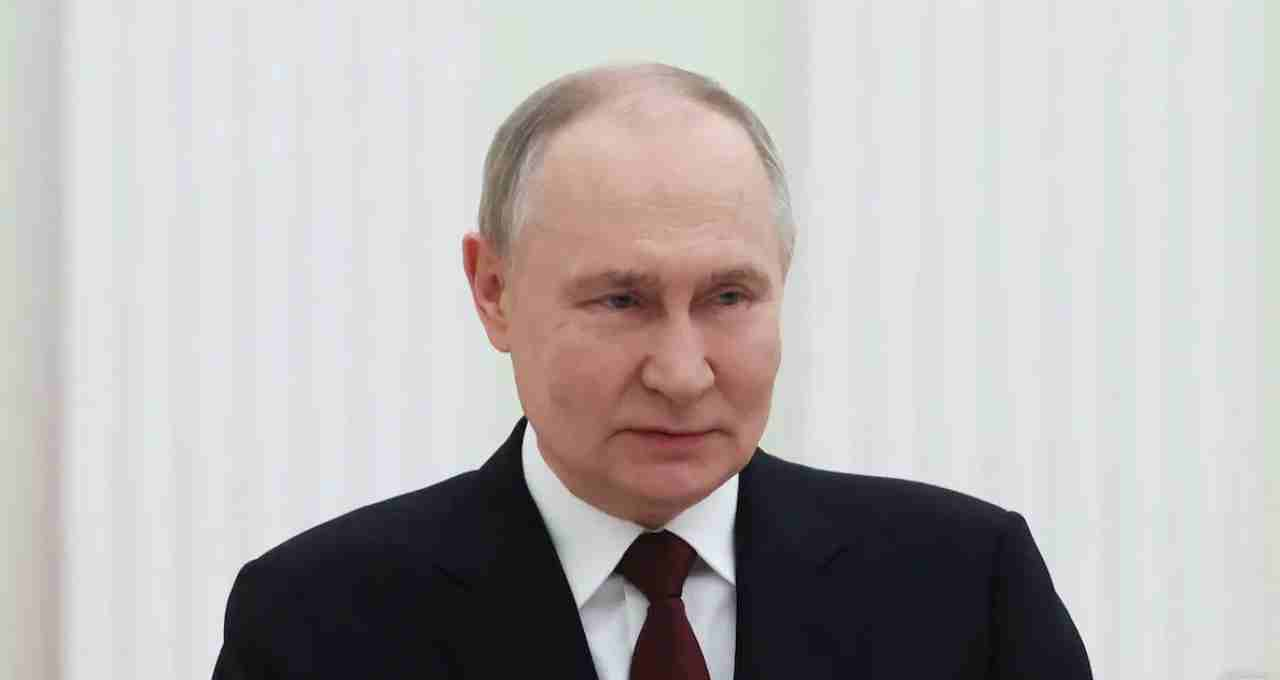
Annual High-Level Meeting: Strengthening Strategic Partnership
India and Russia hold an annual high-level meeting each year, a key mechanism for strengthening the strategic partnership between the two countries. This year's meeting is considered particularly significant given the ongoing changes in the global geopolitical landscape. India had invited Putin to host this meeting, an invitation he gratefully accepted.
This visit will further deepen India-Russia relations and provide an opportunity for both countries to enhance cooperation in areas such as defense, energy, space, trade, and technology. A statement released by the Kremlin also said that India-Russia relations are unwavering in the face of external pressure and that their strategic nature has strengthened over time.
This statement is clearly a reference to the policies of Western countries and NATO, which are putting pressure on Russia on multiple fronts. India, under its multi-polar foreign policy, is maintaining its traditional ties with Russia while strengthening its relationships with the US and other Western nations. This balancing act reflects India's global role.
'Victory Day' Greetings
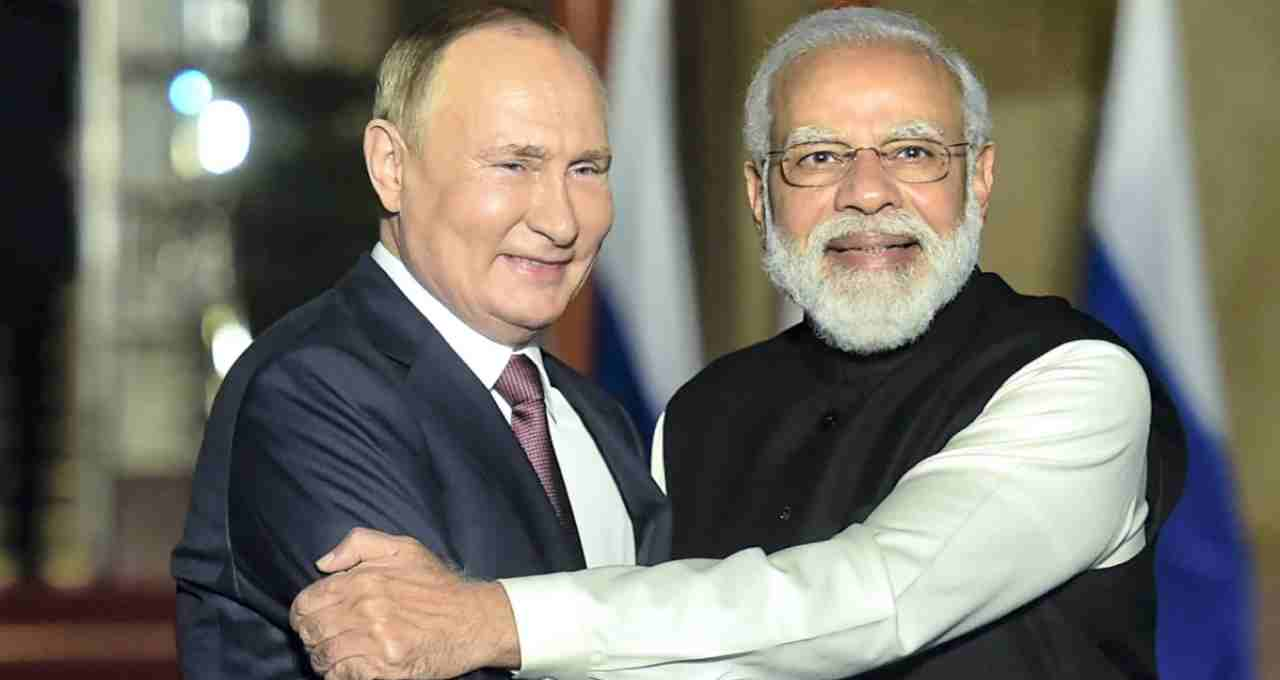
During the phone call, Prime Minister Modi extended greetings to Russia on the 80th anniversary of 'Victory Day'. This day commemorates the Soviet Union's victory over Nazi Germany in World War II and is a matter of national pride in Russia. Modi's greetings on this occasion also signify a cultural and historical homage, strengthening the emotional and historical ties between the two nations.
This renewed energy in India-Russia relations comes at a time of emerging new polarities in global politics. Amidst US-China tensions, the Russia-Ukraine war, and Western sanctions, India's role is emerging as a balancing power. India, having emerged as a b representative of the Global South, is furthering its relationship with Russia within this context of balance.
Russia also views India as a reliable and long-term partner, capable of playing a cooperative role not only in defense and energy sectors but also in global geopolitical equations.
